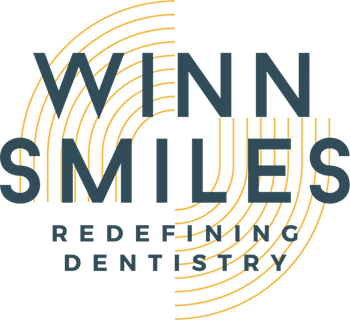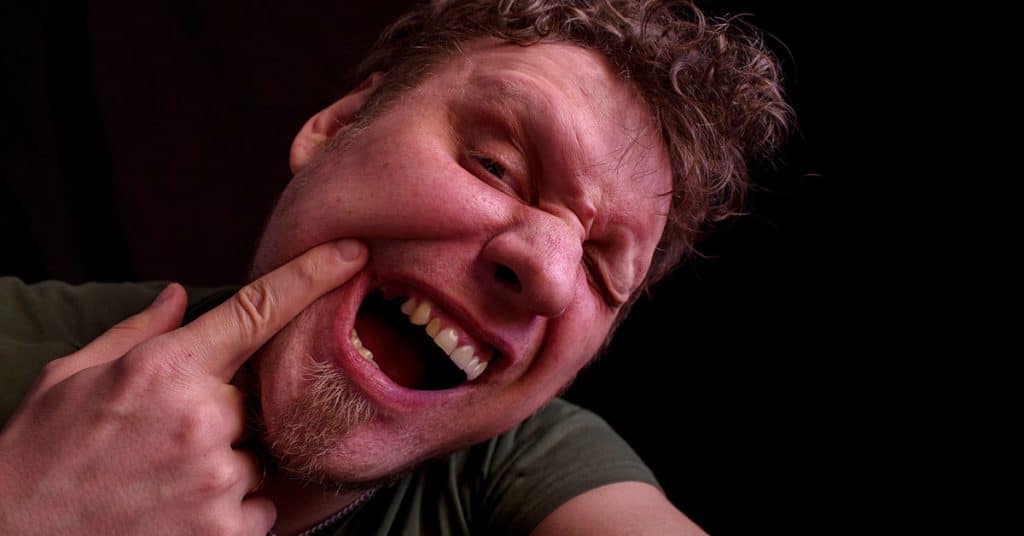Contrary to popular belief, losing a tooth can have effects similar to losing a finger or a toe. Some people might think that since we have 32 teeth in our mouths, losing one or two is no big deal. However, they couldn’t be more wrong. Our mouths are very delicate environments involving structures such as the muscles, gums, bones, and of course the teeth. All these structures work in perfect harmony to produce all the movements of the mouth for biting, chewing, and speech. When one of those structures goes missing, it throws a wrench in the engine. When that harmony is lost, the efficiency of chewing and speech dramatically changes. So, what exactly happens when a tooth is lost and why? Let’s explore the 3 dental risks of missing teeth.
What’s the Role of Teeth in the Oral Environment?
While teeth are not the biggest organ inside the mouth, they are considered the pillars of balance in the oral environment. The teeth hold the gums and bones in place, and they direct the muscles of the cheek and tongue to work in a very specific manner. Losing a tooth could disrupt any of the other structures, leading to some devastating effects, as we’ll demonstrate in a bit.
3 Dental Risks of Missing Teeth
1. Loss of Contact Between the Teeth
The first structures to be affected are the teeth themselves. In normal conditions, all the teeth contact each other ever so lightly at points. This contact assists all the teeth to remain in position. When you lose one, the neighboring teeth start to tilt into the space. The result is that the opposite teeth start to move and shift position as well.
2. Gums & Bone Recession
The gums are held in place by the bones and the teeth. Think of it like groundcover on a slope that keeps the soil from eroding. When a tooth is lost, the bone responsible for its position starts to recede and fade away, taking the gums in that region with it.
3. Muscle Disengagement
As we explained, the muscles of the cheek and the gums work well when the teeth are in position, sliding off them in a unique way to produce the movements of the mouth. When you lose a tooth, the support for the muscles also leaves. As a result, their movement changes, adversely affecting speech and chewing.
For these reasons, what some people might perceive as a simple matter of a lost tooth is actually quite a dilemma. That’s why we encourage you to seek replacement of missing teeth as soon as possible. We have a lot of options for you!
Ready to replace that lost tooth? Click here to schedule your appointment with one of our experienced local dentists!

